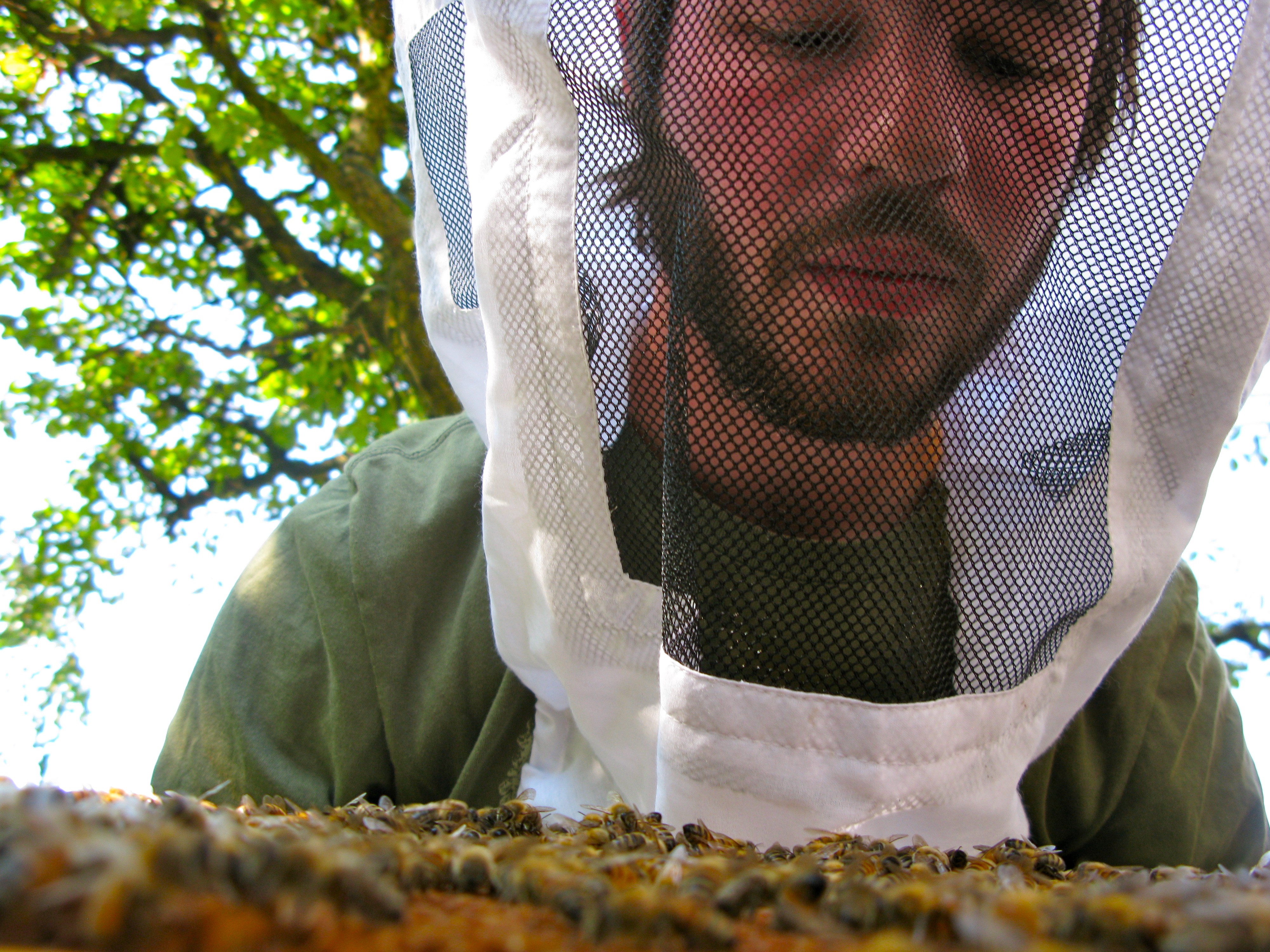
Graduated alumnus
jal485@cornell.edu
Education
B.S. (Hons.) Global Resource Systems, University of British Columbia, 2012.
M.S. Soil and Crop Sciences, Cornell University, 2016.
PhD Soil and Crop Sciences, Cornell University, 2016.
Background
Born and raised on Vancouver Island, Jeff is from British Columbia, Canada. He completed his BSc at the University of British Columbia (UBC) in the Global Resource Systems program, specializing in soil science and agroecology. While attending UBC, he helped design and build numerous school and community gardens in Vancouver, BC. Jeff also worked at the 24-hectare organically-managed UBC Farm at the Centre for Sustainable Food Systems where he developed nutrient management protocols for multiple perennial crops, co-managed the Community-Supported Agriculture program, assisted with rotationally-grazed, integrated crop-livestock research, and helped farm over 300 cultivars of fruits and vegetables.
Previous research
During his MSc at Cornell, Jeff researched cultural weed management for organic grain production, focusing on innovative uses for winter cereal cover crops. This work was ultimately aimed at reducing tillage in organic cropping systems, which is particularly elusive for most organic growers given the challenges associated with weed management when mechanical control is limited. Situated in the northeastern United States (U.S.), Jeff’s work was specifically intended to support farmers that produce organic soybean for local tofu production.
PhD work
Jeff researched the scalability of agroecological farming practices among fruit, vegetable, and grain growers in the United States. Through this research, Jeff and an interdisciplinary team of collaborators aimed to improve our understanding of how motivations and barriers for the use and disuse of agroecological practices—such as diverse crop rotations, intercropping, and insectary plantings—differ across farm size, management approach (organic and conventional), and cropping system (horticultural crops, field crops, grains, and forages). If agroecological practices are to be meaningfully scaled out and scaled up, there is a need to find solutions for agronomic and economic challenges on the farm, as well as overcome the sociocultural and political barriers that significantly affect decision-making in ways that are often outside of a farmer’s control.


